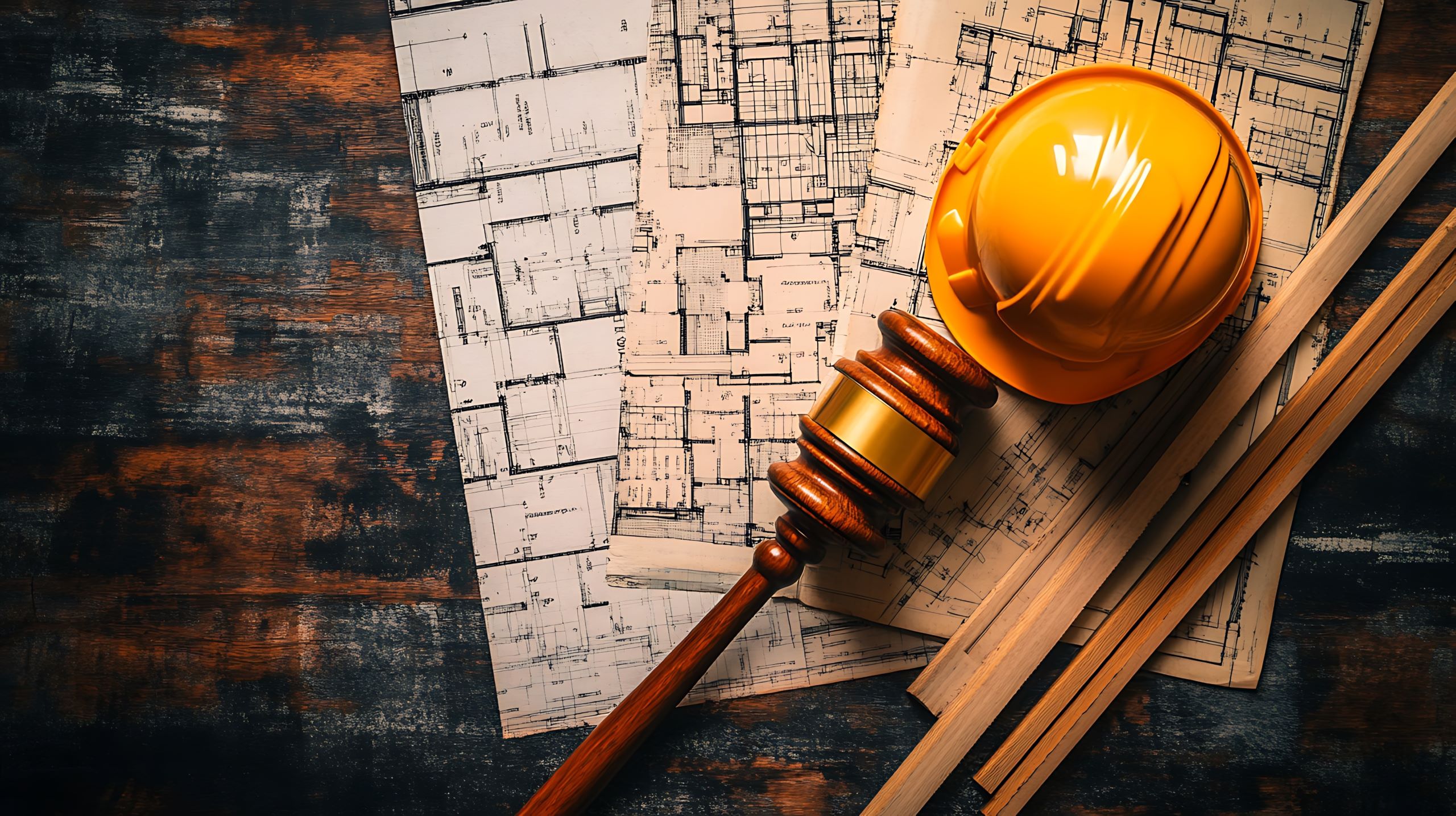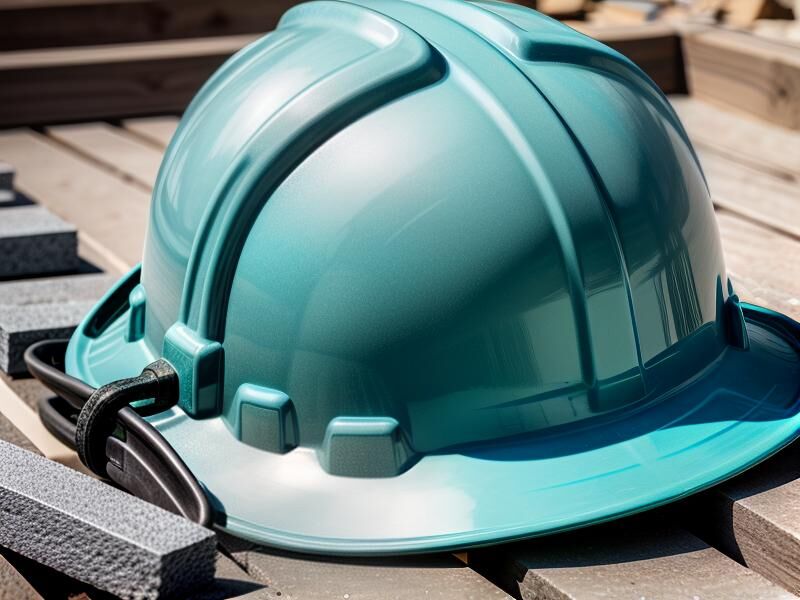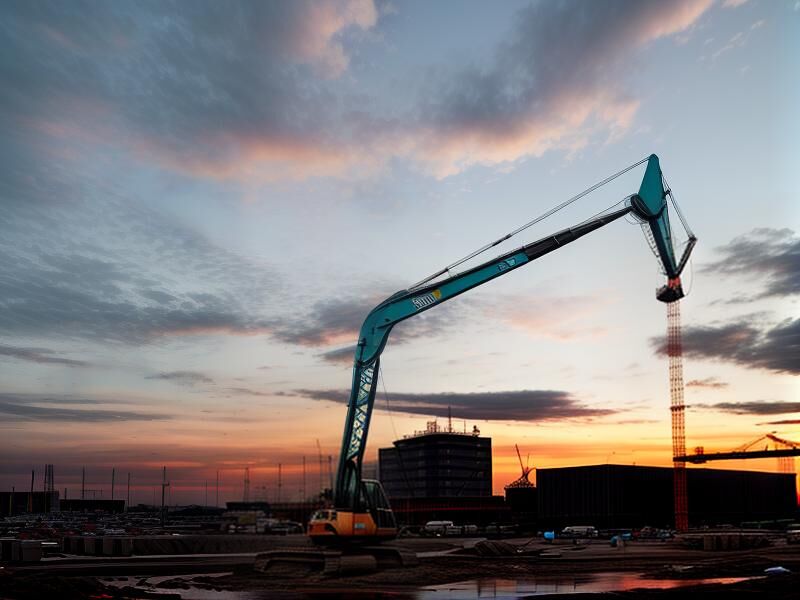Expert Legal Guidance for Construction Law Challenges
At Turke & Steil SC, we specialize in navigating the complexities of construction law, ensuring your projects are protected and disputes are resolved efficiently.

Our firm provides legal services for the construction industry. We represent contractors, subcontractors, material suppliers, architects, engineers, owners, developers, governmental entities, construction managers, and owners’ representatives in disputes involving:
- Defective construction and design claims
- Construction errors and omissions
- Cost overruns
- Bid errors
- Change orders
- Warranty claims
- Theft by contractor claims
- Delay claims
- Liquidated damages
- Unforeseen or hidden site conditions
- Breach of contract and betterment claims
- Collection claims
- Wisconsin Home Improvement Practices Act violations
- Wrongful termination
- Payment bond and performance bond claims
- Slander of title
- Fraud and misrepresentation
- Lien filings and foreclosure
- Hazardous materials
- Surveying errors

Contract Drafting & Negotiation
We meticulously draft and negotiate contracts to safeguard your interests and prevent potential disputes.

Dispute Resolution
Our team excels in resolving construction disputes through mediation, arbitration, and litigation.

Construction Lien Claims
When a contractor isn’t paid for work performed on a project, certain procedures must be followed to ensure a valid lien claim. To learn more, click below.

Wisconsin Right to Cure Act Procedures
Before a lawsuit can be filed, an owner must provide a contractor with an opportunity to repair defects in their work by following the procedures laid out in the Right to Cure Act.
Construction and Design Defects
We help clients resolve problems involving unexpected construction or design defects on projects.
Although contractors and design professionals usually give their best effort on a project, sometimes mistakes happen which result in some kind of defect in the work. When that happens, our attorneys can help advocate for you when dealing with the other parties on the project. We have experience handling construction and design defects on commercial and residential projects involving a variety of problems, including:
- leaking/deteriorating roofs or siding
- improper soil drainage
- structural integrity issues
- defective components in windows and doors
- mold growth
- building code violations
- cracks in concrete/sidewalk/foundation
- HVAC system malfunctions
- settlement of soils
- improper moisture levels
- unanticipated flooding
- rotting lumber or other building materials
Whether you’re an owner dealing with problems in your home or office, or a contractor or design professional accused of falling below the industry standard of care on a project, the lawyers at Turke & Steil will fight for you.
Get Expert Legal Advice Today
Are you facing a construction dispute or need guidance on the Rights to Cure Act? Contact Turke & Steil SC today for a consultation. Our experienced attorneys are ready to provide you with the legal support you need to protect your interests and achieve a favorable outcome. Don’t navigate the complexities of construction law alone—let us help you every step of the way.

